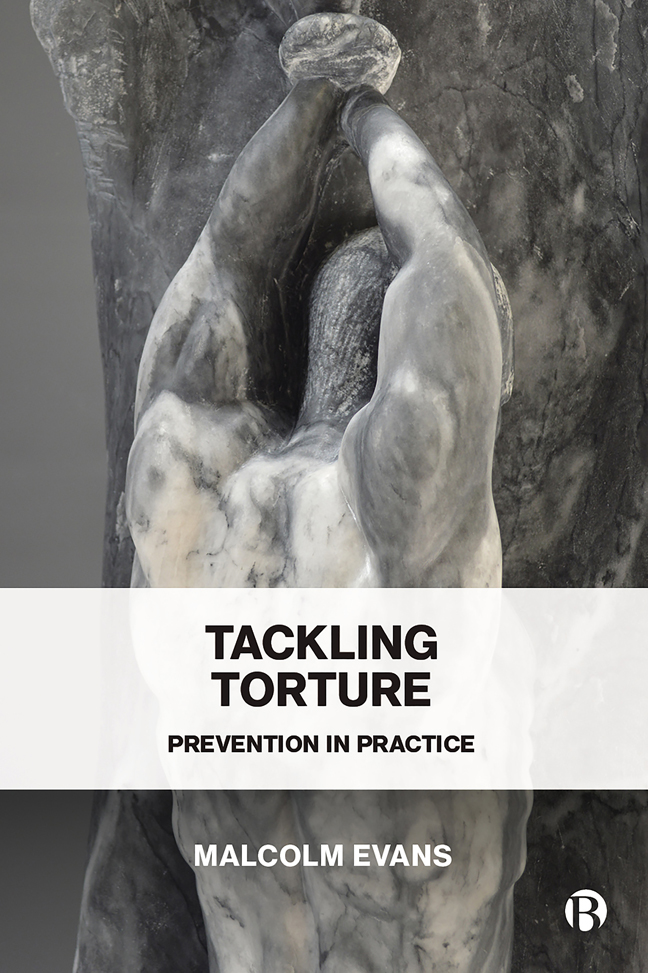5 - The Visiting Mandate of the UN Subcommittee on Prevention of Torture
Published online by Cambridge University Press: 24 January 2024
Summary
Introduction
The mandate and the powers of the UN Subcommittee on Prevention of Torture (SPT) are found in Part III of the Optional Protocol to the United Nations Convention against Torture (OPCAT). The centrepiece of this is Article 11, which sets out the three key tasks that the SPT is to undertake and relate in turn to (a) visits, (b) to National Preventive Mechanisms (NPMs) and (c) to other international and regional bodies working towards the protection of persons against torture and ill-treatment. These are, in effect, the tools that the international community has placed at its disposal to prevent torture and ill-treatment, and the SPT is to be judged by the way in which it uses them. As will be seen, the SPT can do a very great deal. Yet it is not a free agent, and in practice it can only do what it is permitted to do by those who exercise operational control over it. In a very real sense, it is free to do what others permit. But when the SPT can act, its powers are formidable. This chapter and the next trace that tension, setting out what the OPCAT permits the SPT to do and what it has been able to do in practice. The focus of this chapter is the SPT's visiting mandate. It sets out and reflects on how the mandate operates in practice. A more personal view of the realities of undertaking visits with the SPT is reserved for later.
This entire book has been leading up to this moment: the earlier chapters considering what is torture, the need for prevention, the idea of visiting as a means of prevention and the history of the OPCAT all coalesce in Article 11(a), which laconically provides that the SPT shall ‘(a) Visit the places referred to in article 4 and make recommendations to States Parties concerning the protection of persons deprived of their liberty against torture and other cruel, inhuman or degrading treatment or punishment.’
For something so central to its raison d’être, it is somewhat surprising that the OPCAT has so little else to say about visits. This is not a criticism though, and the flexibility that the OPCAT permits has been extremely valuable as it has allowed the SPT to experiment with different approaches as it seeks to find out how best to go about its business.
- Type
- Chapter
- Information
- Tackling TorturePrevention in Practice, pp. 84 - 101Publisher: Bristol University PressPrint publication year: 2023

